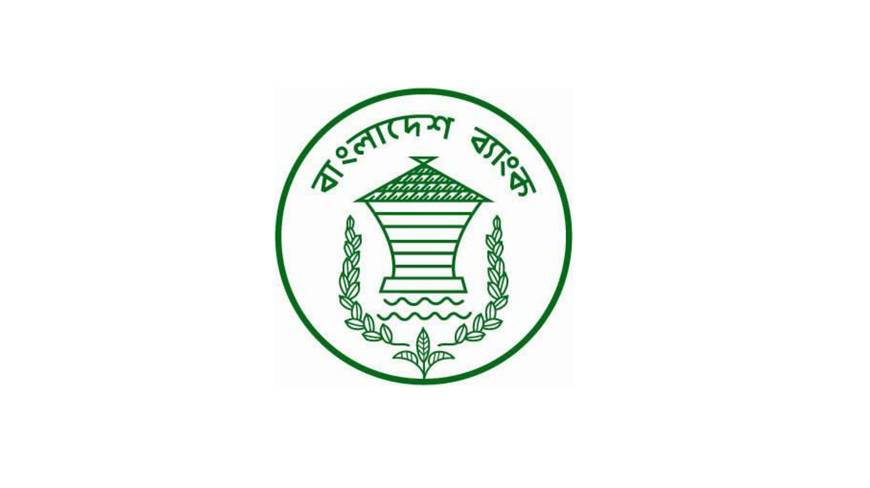Central bank opposes plan for new specialised bank

The Bangladesh Bank has differed with a government plan to set up Palli Sanchay Bank, a new specialised institution like the Grameen Bank, saying such financial institutions established earlier have failed to achieve their objectives.
An official at the Bank and Financial Institutions Division said three such specialised banks – Ansar-VDP Unnayan Bank, Probashi Kallyan Bank and Karmasangsthan Bank – had been established with a view to increasing cash flow for the development of rural people, but they had failed.
When the Grameen Bank board failed to appoint a managing director because of the opposition from the bank’s nine female directors in the beginning of this year, Finance Minister AMA Muhith said a specialised bank like the Grameen Bank would be set up.
Bangladesh Bank General Manager KM Abdul Wadud last week sent a letter to Banking Secretary M Aslam Alam, conveying opinions of the central bank and other stakeholders on setting up of the new specialised bank.
Styled Palli Sanchay Bank, the proposed financial institution has been planned under the government’s “Ekti Bari Ekti Khamar” – one home, one farm – project to give the scheme a permanent shape. Members of the project and the government will be the proposed bank’s shareholders.
The bank’s board of directors will include representatives of the project members and the government, but only the shareholders will be entitled to enjoy corporate benefits such as profit or dividend.
In its letter, the Bangladesh Bank said the proposal that the Palli Sanchay Bank would not operate under the central bank and yet would take loans from the central bank would create indiscipline in the financial sector.
Also, the proposal that the MD and the board of directors of the bank would be appointed with approval of the Bangladesh Bank was inconsistent with the proposition that the bank would not be governed by the central bank, it said.
The proposal says the bank will have services such as online banking, credit card, ready cash, bond, share and debenture, and will also facilitate foreign trade to increase the confidence of the under-privileged people.
The central bank said all these were the activities of commercial banks, which were done under the Bank Company Act and monitored by the central bank.
The draft will be submitted to the cabinet for approval after receiving opinions from the stakeholders.
According to the draft, the members of the project now have Tk13.32bn in a savings account of the project. After the Palli Sanchay Bank is set up, the members will have separate savings accounts for making transactions, said Project Director Prosanta Kumar Roy, who is also joint secretary of the LGRD and cooperatives ministry.
The bank would not, however, provide any credit facility. “It will offer savings and other deposit services, in addition to remittance services,” he said.
The “Ekti Bari Ekti Khamar” project was launched in 2009, aiming to set up a farm at every house to create income and livelihood for rural people by combining human resources with micro-savings.
As the first phase of the project ended in June and the next started the following month, the local government and rural development (LGRD) and cooperatives ministry prepared the draft, outlining the formation of the Palli Sanchay Bank.
The project has so far included 1m families and the draft on the bank proposes increasing the number to 2.5m by the end of the second phase in June 2016.
The main objectives of the bank include making every house in a village a centre of income generation through maximum utilisation of natural and human resources, encouraging micro-savings and providing credit with soft service charges.
Tahsina Khatun, one of the nine female directors of the Grameen Bank, said they did not know anything about the government plan of setting up a specialised bank. She said by the move the government would “steal” the Grameen Bank.
She also said they would raise the issue at their board, asking if the government could set up a bank in the fashion of the Grameen Bank.
Former Bangladesh Bank governor Dr Salehuddin Ahmed said there was no need for another specialised bank since different NGOs, especially Grameen Bank and Brac Bank, had already been providing loans to people in rural areas.
The number of branches of the existing commercial banks should be increased to help rural areas develop, he pointed out; the specialised banks in rural areas also needed to increase their capacity.
He said: “I do not think the government has conducted any survey on setting up a new specialised bank in rural areas.”
News:Dhaka Tribune Bangladesh/8-sep-2013



Comments